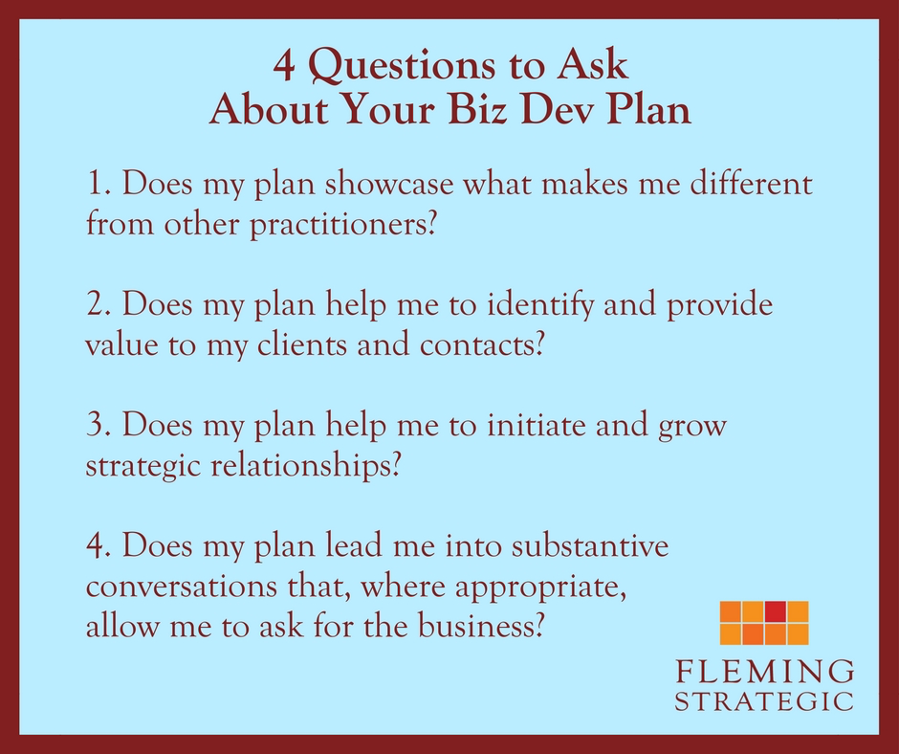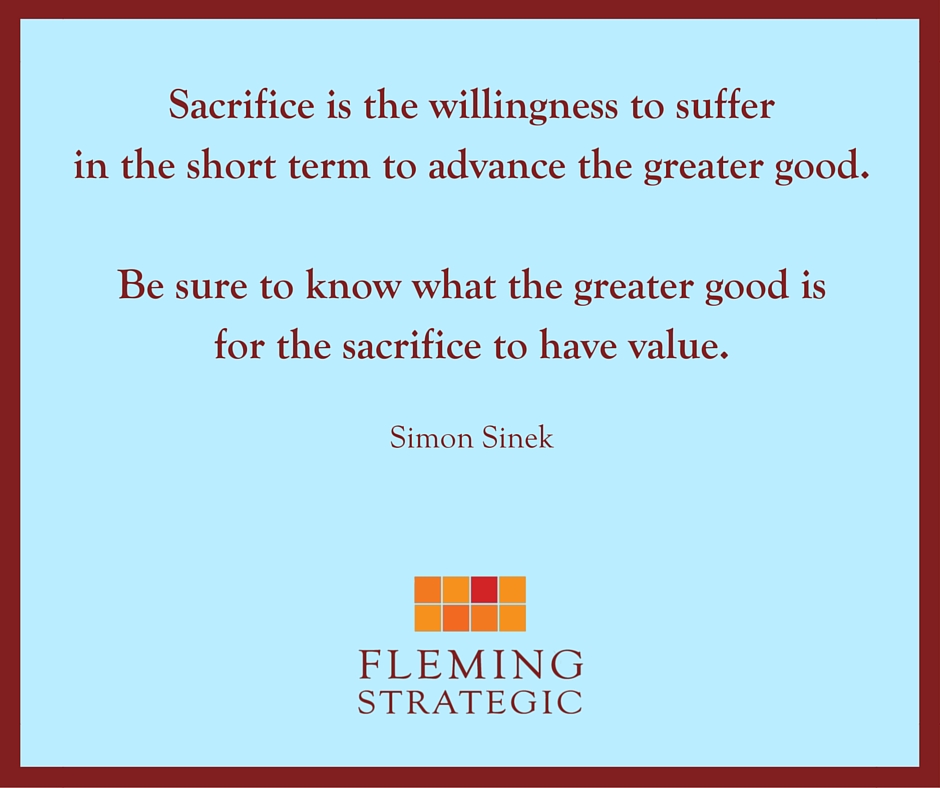Your BD Plan Must Be A Living Document
Do you know what is the biggest stumbling block for lawyers who want to grow their practices? You might think it’s being too busy, dislike of networking, or fear of asking for business. And those are all good guesses, but incorrect.
Lawyers who want to grow their practices most often stumble over their marketing plan. Several problems are common:
- Failure to make a plan
- Failure to make a realistic plan
- Focusing the plan too broadly or too narrowly
- Relying too heavily on a single marketing effort
But by far the biggest problem I see is in how the plan is (or is not) implemented. A strategic marketing plan must be a living document that’s regularly consulted and revised in accord with changing circumstances. Making a plan is the first step, using the plan is important, and knowing the heart of the plan well enough to adapt your strategy is, as Charles de Gaulle indicated in the quote below, critical.
The advent of the pandemic and its lockdowns proved this point beyond any question. If your business development plan called for speaking at or attending conferences or frequent face-to-face networking, the viability of your plan changed almost literally overnight.
A secondary change is beginning to occur now, as cities are reopening. Perhaps you adjusted your networking and conference plans so that instead of meeting in person, you met via Zoom. And maybe it’s time to shift that again: face-to-face meetings may be possible but some of your contacts (or perhaps you) won’t be comfortable meeting face-to-face or without masks just yet. Since creating connections is the goal at the heart of all networking, you may want to find ways to issue invitations that offer a variety of ways to meet so that you can connect while respecting everyone’s level of comfort.
And, of course, the availability of networking is only one example of a change in circumstance that will necessitate a change in your plan. The law may change. Business or economic realities may affect your practice. You may experience personal challenges that prompt you to re-examine your plans. In other words, life happens and it’s up to you to make sure to adapt your business development plan accordingly.
How well do you adapt your plan as circumstances change?




